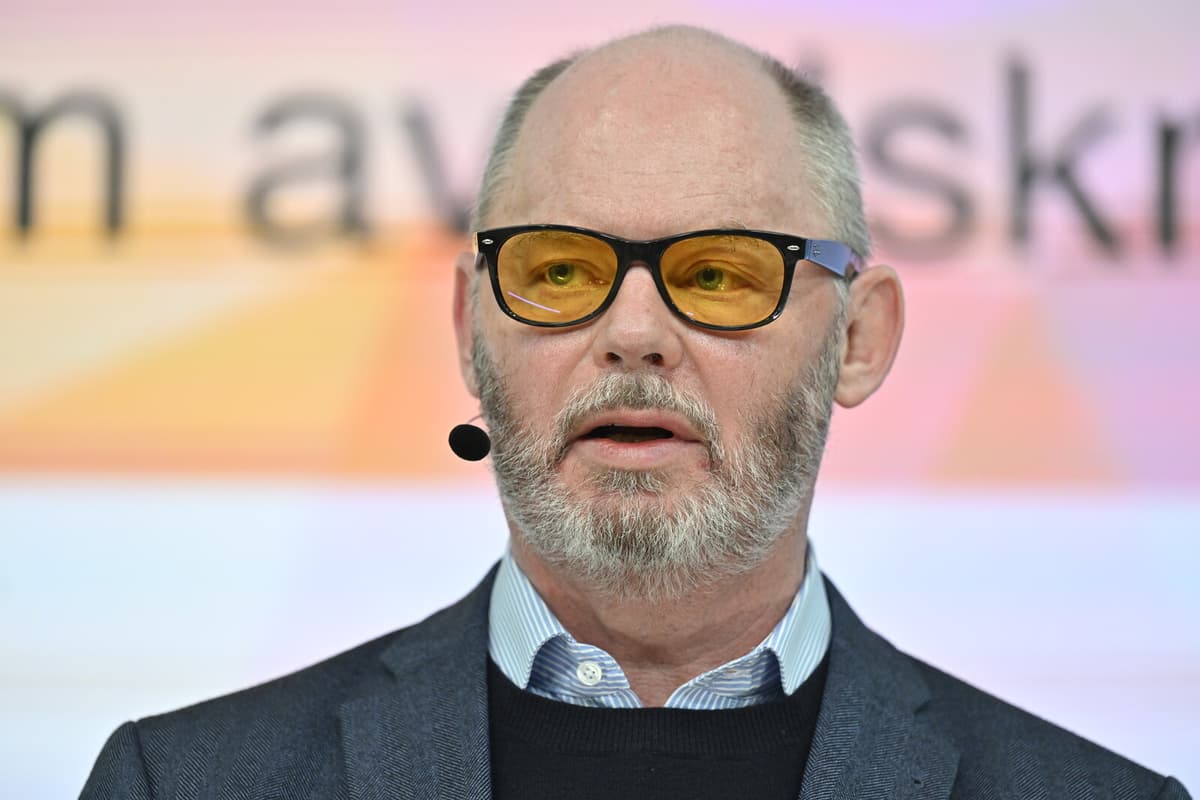The wage mark for 2025 is to be set. Now the starting shot is fired for the collective bargaining round when trade unions and employers in the industry exchange demands. The trade unions are demanding 4.2 percent more. Too high, the employers think.
But it looks like another issue will become much more important this time, the one about shorter working hours.
Want to scale down
The parties in the industry have long built up "time banks" with shorter working hours through agreements – time that employees have paid for out of their wage space. But now the employers' party Teknikföretagen wants to scale down the working hour reduction or completely abolish the agreement with the trade unions.
The background is the "threat" from politics to legislate on shorter working hours, something employers are afraid of.
And then we have to make a risk assessment, we cannot rule out that it will happen, says Teknikföretagen's chief negotiator Tomas Undin at a press conference in connection with the parties in the industry exchanging collective bargaining demands.
Thus, Teknikföretagen is saying a clear no to the trade unions' demands to further expand the working hour reduction in this collective bargaining round. Anything else would be "crazy", says Tomas Undin.
The trade unions are reacting sharply to this.
This will be the big issue to negotiate about, says Unionen's chairman Peter Hellberg.
Advertisement
"Very high"
The issue of shorter working hours is so important to the members that they will be willing to go on strike for the issue, according to Peter Hellberg.
Regarding the wage demand itself, the employers say it is "very high". It is almost as high as when inflation was at its worst in the previous collective bargaining round two years ago, according to Tomas Undin. As usual, the employers are not making a counteroffer at this stage.
The parties in the so-called technology agreement are the three trade unions IF Metall, Unionen, Sveriges Ingenjörer and the employers' party Teknikföretagen. The agreement usually sets the norm, the mark, for wage increases on the rest of the labor market.
The negotiations must be completed by March 31 at the latest. Then the old two-year agreement will expire, which resulted in total wage increases of 7.4 percent.
This winter's collective bargaining round will ultimately affect over 3.4 million employees. Around 500 collective agreements will be renegotiated, according to the Mediation Institute.
What the parties in the industry, which is exposed to competition on the export markets, agree on usually sets the so-called mark, the level of wage increases that the rest of the labor market then relates to. This order was established in connection with the Industry Agreement of 1997 becoming the guiding principle in Swedish wage formation.






